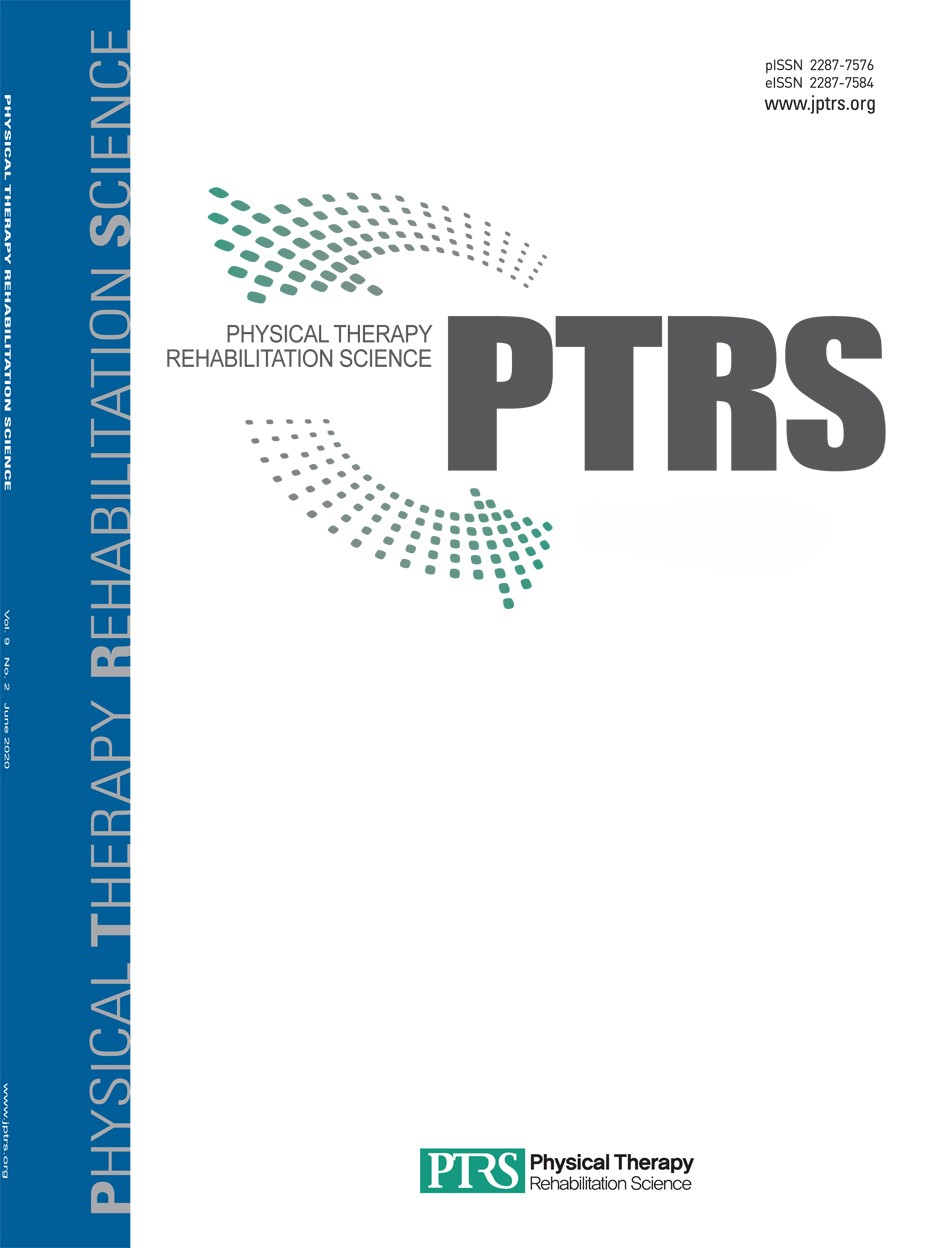Design and Development of an AI-Driven Personalized Microlearning Model for Canine Rehabilitation Education
이용수 42
- 영문명
- 발행기관
- 물리치료재활과학회
- 저자명
- Kyeongjin Lee Changho Song
- 간행물 정보
- 『Physical Therapy Rehabilitation Science』제14권 제3호, 334~345쪽, 전체 12쪽
- 주제분류
- 의약학 > 재활의학
- 파일형태
- 발행일자
- 2025.09.30
구매일시로부터 72시간 이내에 다운로드 가능합니다.
이 학술논문 정보는 (주)교보문고와 각 발행기관 사이에 저작물 이용 계약이 체결된 것으로, 교보문고를 통해 제공되고 있습니다.

국문 초록
영문 초록
목차
해당간행물 수록 논문
- Effect of maximum expiration with hip adductor contraction during bridge exercise on trunk muscle activity in healthy individual
- The Effects of Combined tDCS and Sling Exercise on Cervical Muscle Properties: A Randomized Controlled Trial
- Exploring the Reliability and Validity of Smart Insoles in Gait Parameter Measurement: A Cross-sectional Study
- The Effects of Dual-Task Exergaming versus Conventional Balance Training on Motor and Cognitive Function in Chronic Stroke: A Protocol for a Single-Blind Randomized Controlled Trial
- Analysis of the Association Between Physical Function Screening Tests and Hitting and Pitching Technical Errors in Youth Baseball Players
- Effects of High Intensity Interval-Based Inspiratory Muscle Training on Respiratory Muscle Strength, Respiratory Function, Walking Ability and Endurance in Chronic Stroke Patients
- Effectiveness of a University-Community Partnership Health Program for Older Adults: A Community-Based Rehabilitation Approach to Pain and Obesity Management
- Comparison of the Single Application Effects of TECAR Therapy and Myofascial Release on Hemodynamic Parameters in Adults with Lower Extremity Edema
- Effects of Hip Range of Motion and Strength on Compensatory Lumbar Movement: A Path Analysis
- Is Muscle Mass Enough? Rethinking Physical Assessment Priorities in Community-Dwelling Older Adults
- The Effectiveness of Rehabilitation Nursing for Stroke Recovery: A Systematic Review of Systematic Reviews
- Synergistic Effects of Non-Invasive Brain Stimulation and Mindfulness Training on Pain and Self-Reported Mindfulness in Patients with Chronic Pain
- Scoping Review of Depth-Sensing Technologies for Balance and Gait Assessments in Older Adults: Implications for Fall Prevention in Rehabilitation
- The Effects of Hop Stabilization Exercise Combined with Balance Training in Women with Chronic Ankle Instability Accompanied by Kinesiophobia
- Reliability and Validity of Portable Muscle Measurement Device for the Assessment of Isometric Muscle Strength in the Knee of Healthy Adults
- Design and Development of an AI-Driven Personalized Microlearning Model for Canine Rehabilitation Education
참고문헌
관련논문
의약학 > 재활의학분야 BEST
- 대학생의 소셜 미디어에 대한 과도한 이용과 중독이 수면의 질에 미치는 영향
- 중증정신질환자가 이용하는 지역사회 정신건강서비스에 대한 체계적 고찰
- 치매안심센터에 등록된 이용자에게 적용한 프로그램 효과에 대한 체계적 고찰 및 치매안심마을의 향후 연구 방향
의약학 > 재활의학분야 NEW
- Effect of maximum expiration with hip adductor contraction during bridge exercise on trunk muscle activity in healthy individual
- The Effects of Combined tDCS and Sling Exercise on Cervical Muscle Properties: A Randomized Controlled Trial
- Exploring the Reliability and Validity of Smart Insoles in Gait Parameter Measurement: A Cross-sectional Study
최근 이용한 논문
신규가입 혜택 지급이 완료 되었습니다.
바로 사용 가능한 교보e캐시 1,000원 (유효기간 7일)
지금 바로 교보eBook의 다양한 콘텐츠를 이용해 보세요!



